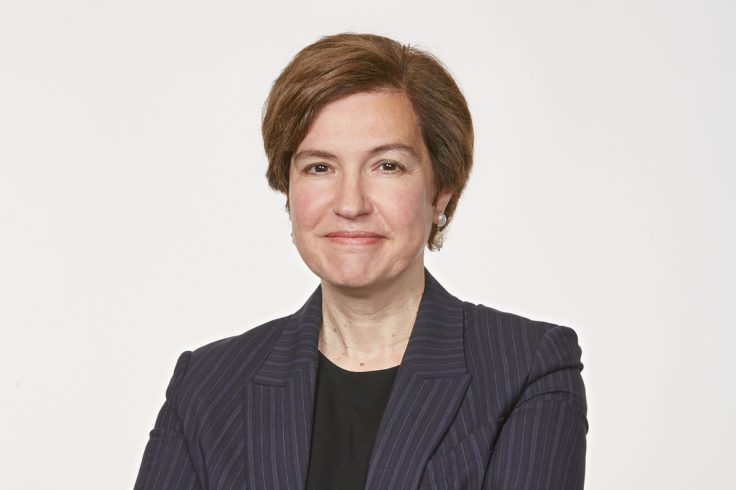This time is different. At least I hope it will be.
Had you told me when I graduated from college in 1990 and began a career in journalism here in Washington, that all too often in the following decades, I would find myself the only woman at the table, I would not have believed it. For much of the time that I worked as a reporter and editor in DC and as a foreign correspondent in the former Soviet Union, however, that often turned out to be the case.
On Capitol Hill, where I started out as a young reporter covering politics for Roll Call newspaper, there were two women in the Senate and 29 in the House, and the more experienced female reporters warned newcomers to beware infamous gropers and grabbers, like the elderly Strom Thurmond, notorious not only for having run for president in 1948 as a Dixiecrat but for attending every freebie reception on the Hill and pinching the backsides of young women he found there. There were legendary female journalistic role models, to be sure, pioneers like the Washington Post columnist Mary McGrory – the first woman to win a Pulitzer for commentary—that I was eventually lucky enough to work with. But they seemed to have paid a high personal and professional price for their barrier-shattering, and the progress for women journalists who followed often did not seem commensurate to me with the sacrifices of those who had fought in the 1960s and 1970s for women’s right to be in newsrooms in the first place.
At the Post, when I was hired there in 1998 as an editor on the national desk, no woman had ever been managing editor or executive editor; when I became a foreign correspondent, the editors initially proposed that I share a salary with my husband and co-bureau chief in Moscow, because that was the way they had always done it with couples—two for the price of one or one and a half. After I gave birth to our son, my husband was not allowed to take parental leave, because, the company policy said at the time, I had already done so. When I became editor in chief a few years later of Foreign Policy magazine, no woman had ever been editor of any American international affairs publication (and none has been since), and it was still routine for me to be invited to moderate all-male panels or to attend all-male professional gatherings.
So it is with both relief—and a bit of healthy skepticism—that I have welcomed developments in the last few years for women in journalism in Washington. It is great and truly a sign of progress to see top women editors at important news organizations such as the Washington Post and Reuters; to see women and men refusing to participate anymore on “manels”; to see the backlash against sexual harassment and widespread toleration of different standards for women and men in the workplace, especially in the wake of the #MeToo revelations. Is it enough? Are we finally getting to something closer to equality for women in journalism? I’m not ready to declare victory. But I sure hope so.
–Susan Glasser, Staff Writer, The New Yorker
Susan Glasser is the recipient of the 2021 Washington Women in Journalism Awards’ Outstanding Journalist in Print.



